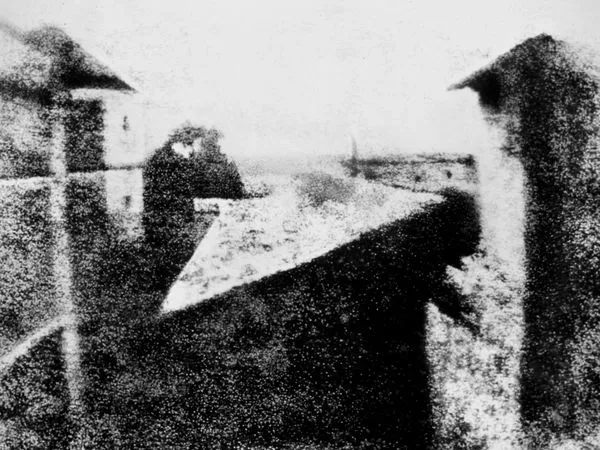Photograph by Joseph Nicéphore Niépce
Ever wonder what the first photograph taken looked like? As crued as it may be, it’s still remarkable for it’s time. In 1826, French scientist Joseph Nicéphore Niépce, took that photograph, titled View from the Window at Le Gras, at his family’s country home. Niépce produced his photo—a view of a courtyard and outbuildings seen from the house’s upstairs window—by exposing a bitumen-coated plate in a camera obscura for several hours on his windowsill.
First Color Photograph
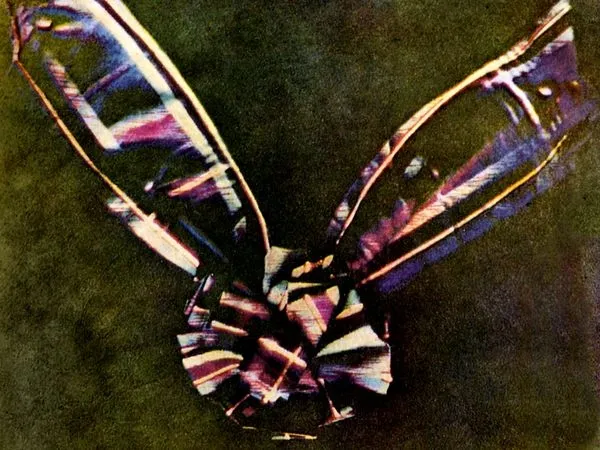
Photograph by James Clerk Maxwell
Best known for his development of electromagnetic theory, Scottish physicist James Clerk Maxwell dabbled in color theory throughout his life, eventually producing the first color photograph in 1861. Maxwell created the image of the tartan ribbon shown here by photographing it three times through red, blue, and yellow filters, then recombining the images into one color composite.
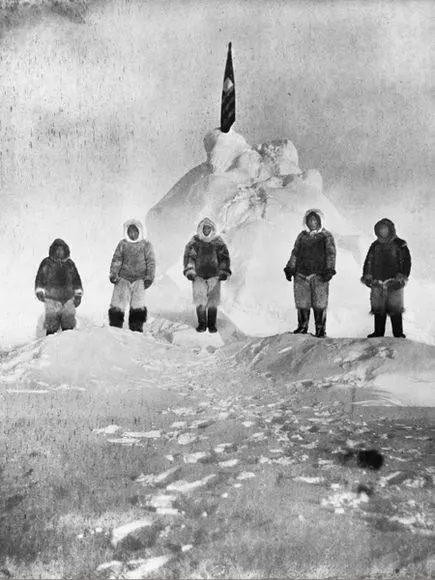
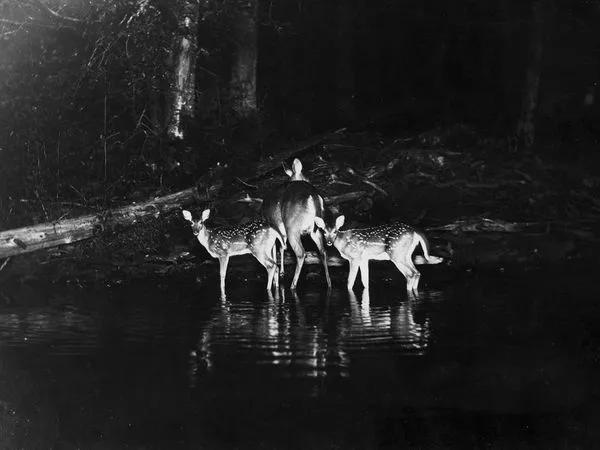
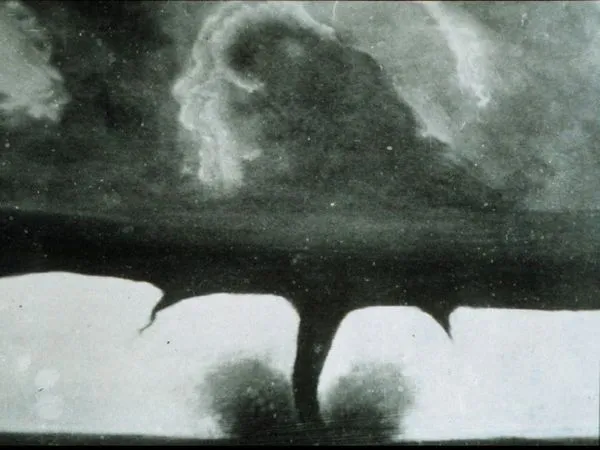
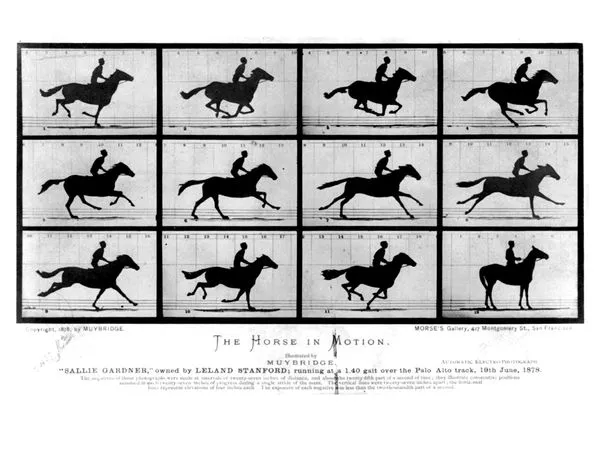
First Underwater Color Photo Photograph
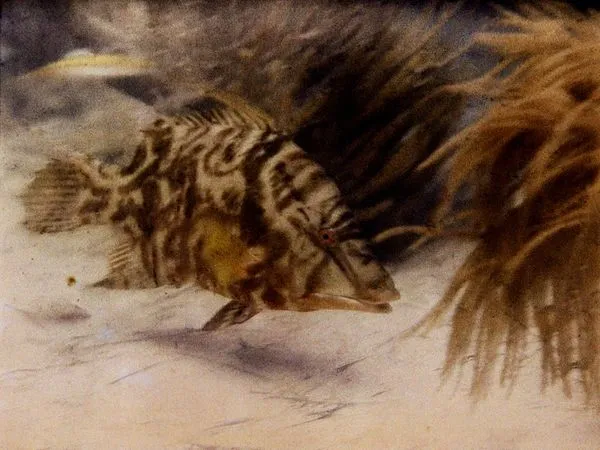
by Charles Martin & W.H. Longley
Underwater color photography was born with this shot of a hogfish, photographed off the Florida Keys in the Gulf of Mexico by Dr. William Longley and National Geographic staff photographer Charles Martin in 1926. Equipped with cameras encased in waterproof housing and pounds of highly explosive magnesium flash powder for underwater illumination, the pair pioneered underwater photography.
First Archaeology Photos
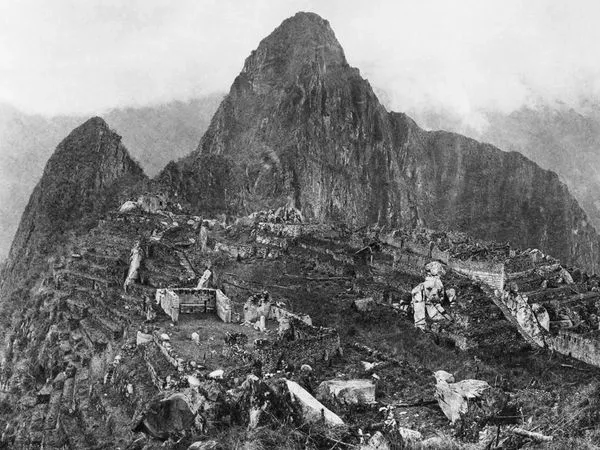
Photograph by Hiram Bingham
In 1912 Yale University professor and explorer Hiram Bingham was searching in the Peruvian Andes for the ancient Inca capital of Vilcabamba when he and his guide stumbled onto one of the greatest archaeological finds in history. Thanks to his photographs of the lost city of Machu Picchu, Bingham and National Geographic helped bring archaeology out of the field and into people’s homes.
First Wildlife Photos in National Geographic
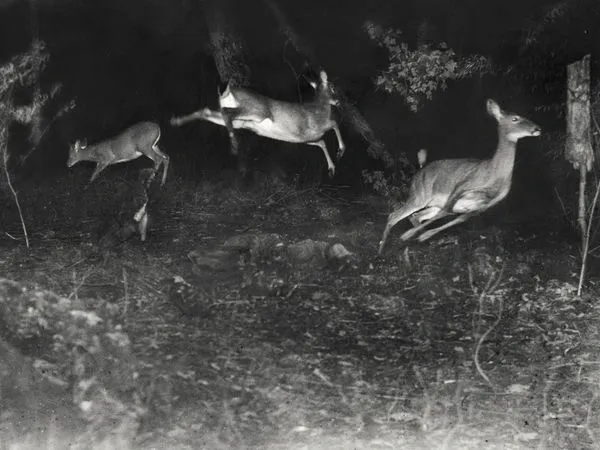
Photograph by George Shiras
The July 1906 issue of National Geographic featured its first ever wildlife photographs. Editor Gil Grosvenor printed 74 photos snapped by U.S. Representative and early conservationist George Shiras, beginning a long tradition of featuring wildlife photos in the magazine.
First Snow Leopard Photograph
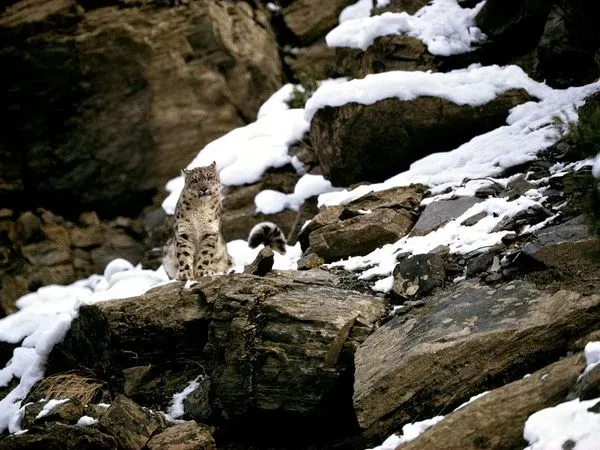
Photograph by Dr. George B. Schaller
Photographed by Dr. George Schaller in the early 1970s, the first shots of snow leopards in the wild include this female Panthera uncia perched on a snowy crag in Pakistan’s Chitral Valley. National Geographic published the first photographs of snow leopards in the wild in its November 1971 issue.
Arctic Wolf
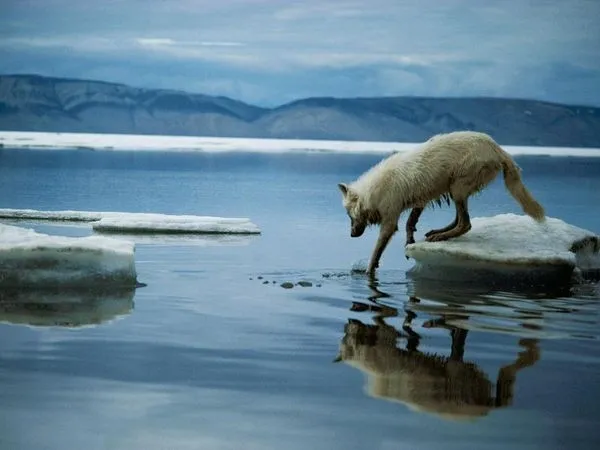
Photograph by Jim Brandenburg
In Canada’s northernmost reaches, an arctic wolf gingerly tests the water near Ellesmere Island. As polar exploration heated up in the early 20th century, first with Robert Peary’s North Pole expedition and then with Roald Amundsen’s South Pole trek, audiences demanded photographs of the new lands and their creatures.
Siberian Tiger Conservation
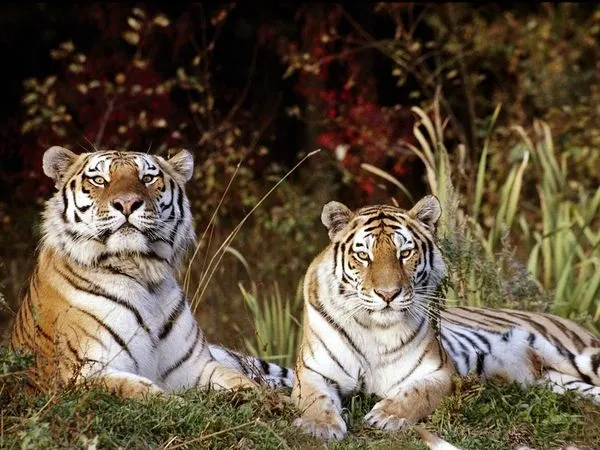
Photograph by Dr. Maurice Hornocker
Using biotelemetry, scientist and photographer Maurice Hornocker, with Howard Quigley, drafted a landmark conservation plan to save endangered Siberian tigers such as Koucher and Niurka, the captive cats pictured here in Gayvoron, Russia. By means of instruments such as GPS, cameras, and transceivers, biotelemetry helps scientists remotely monitor threatened species.


